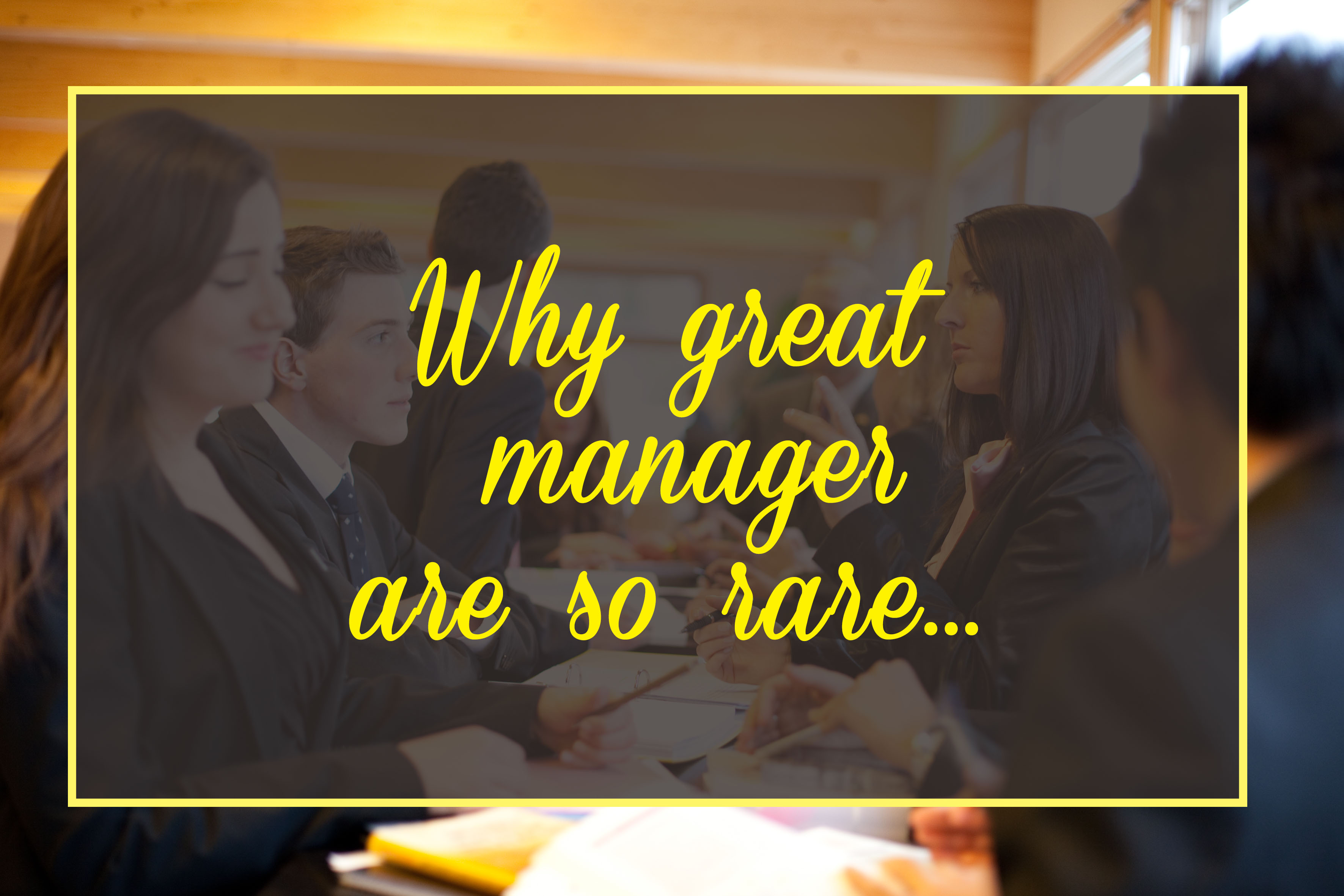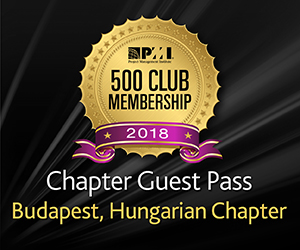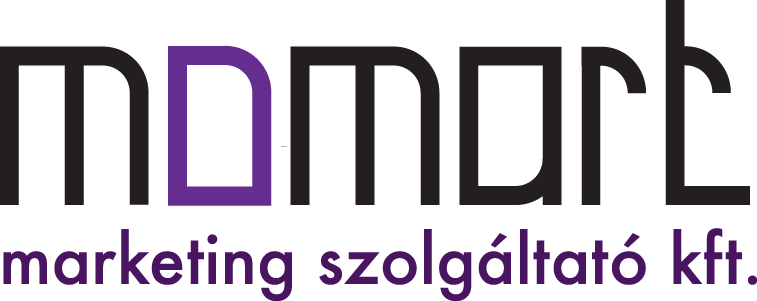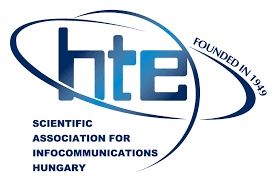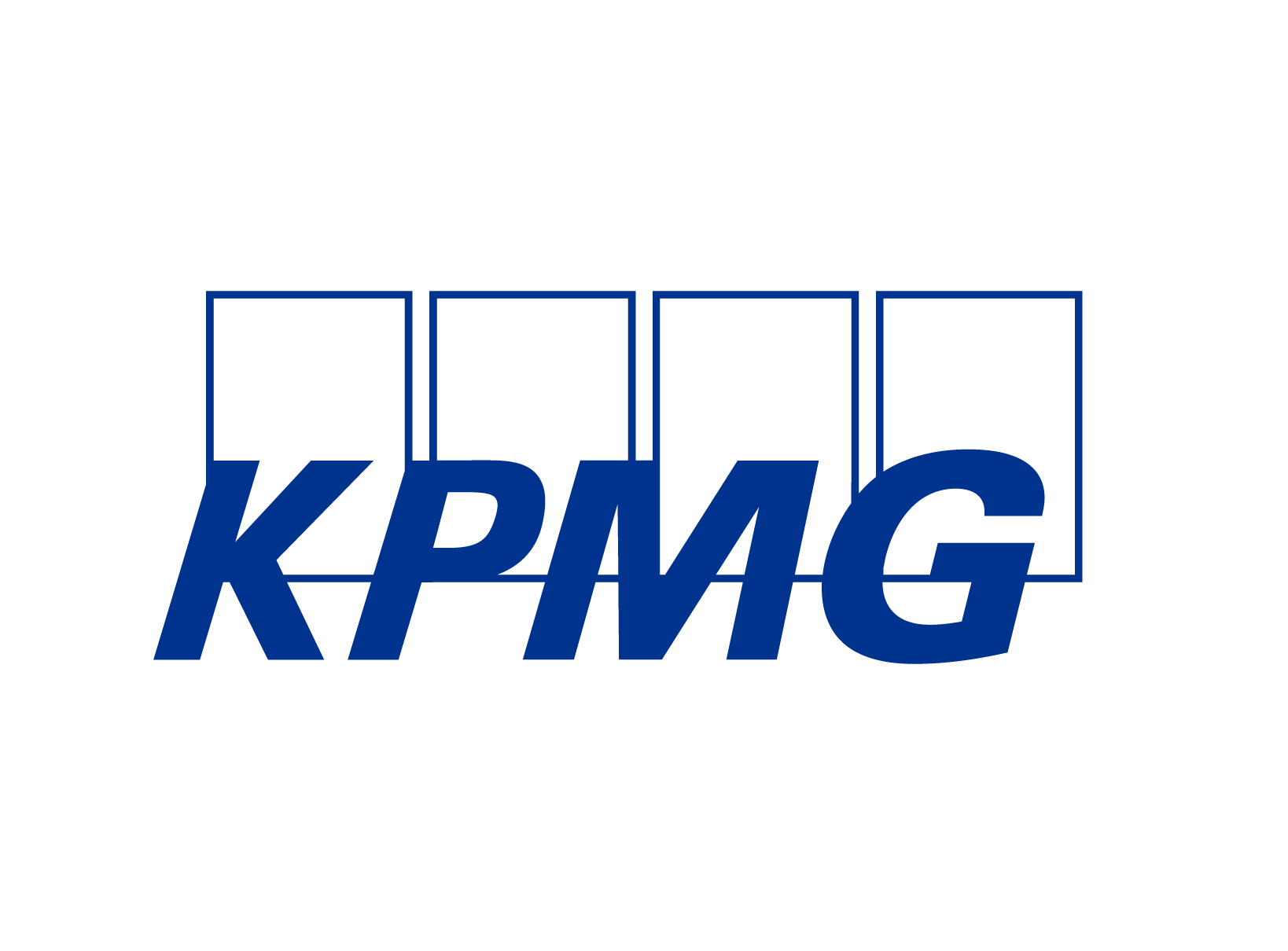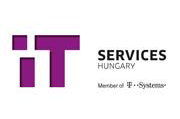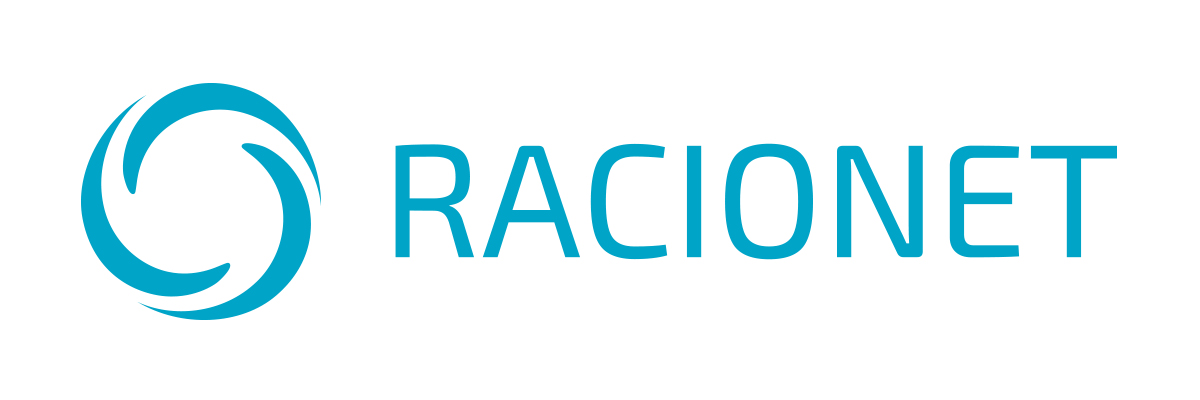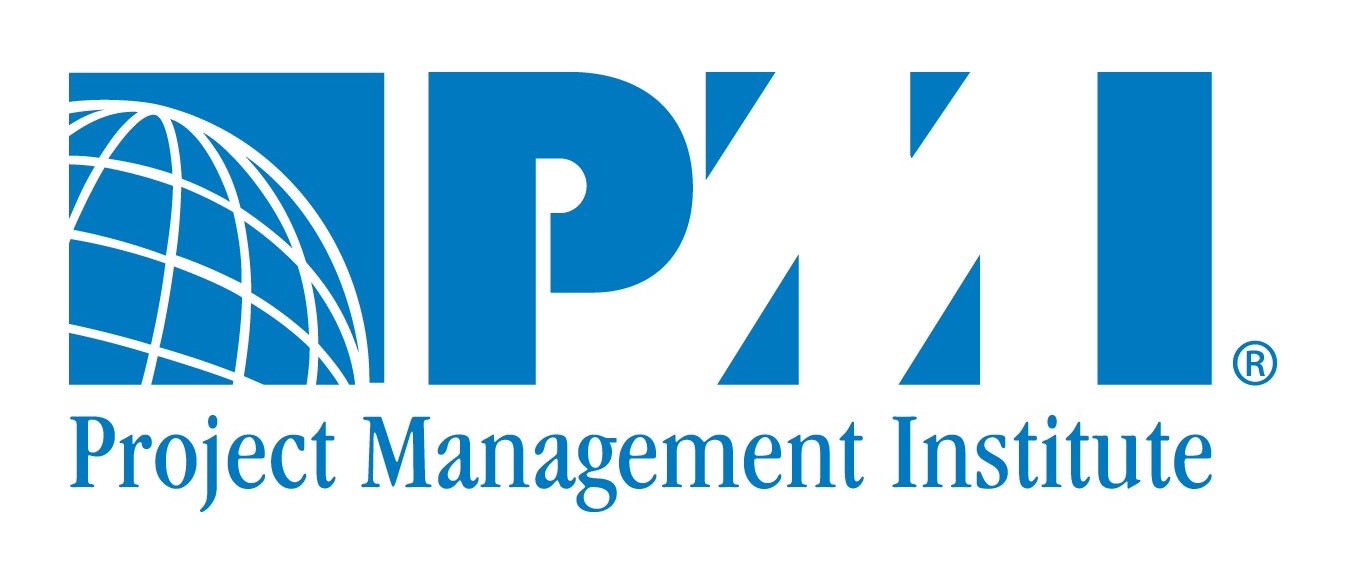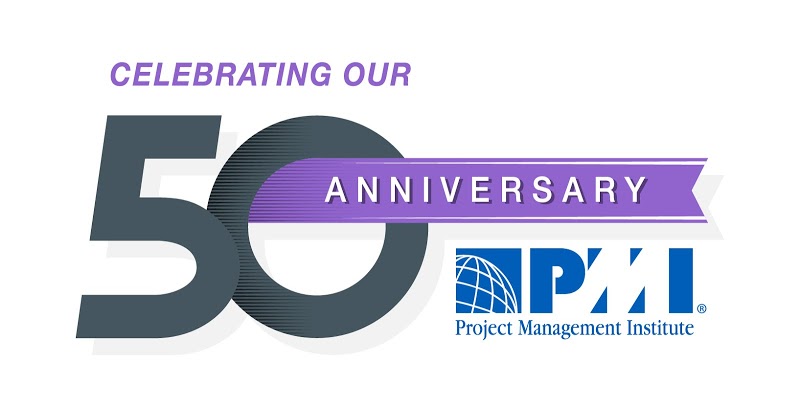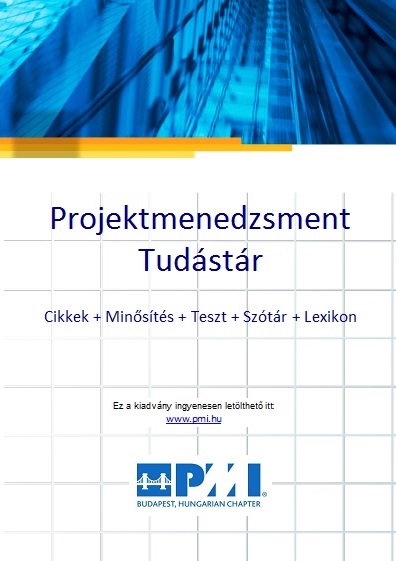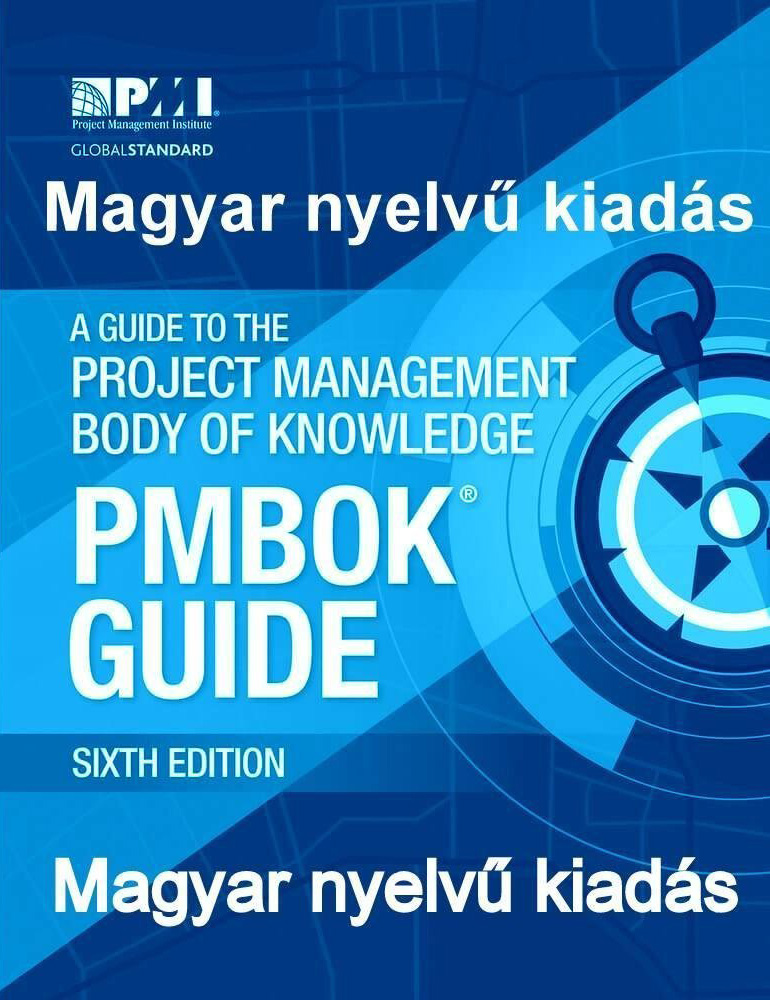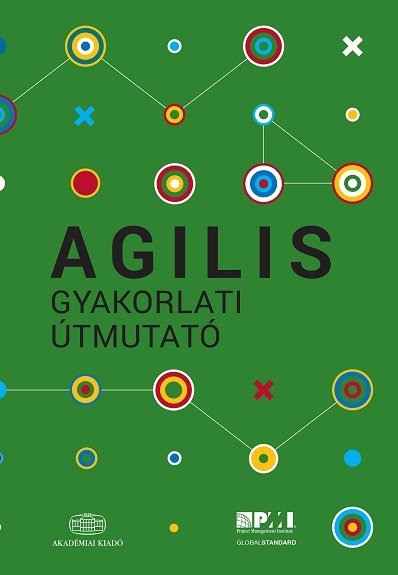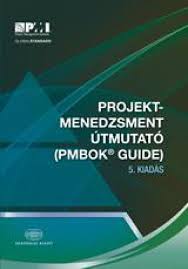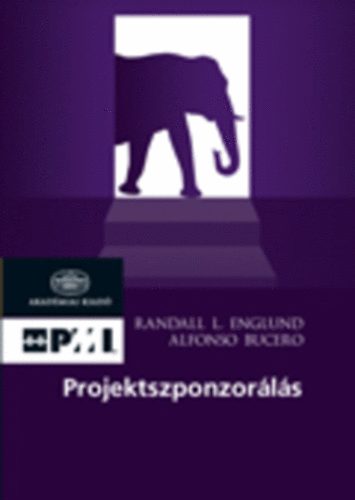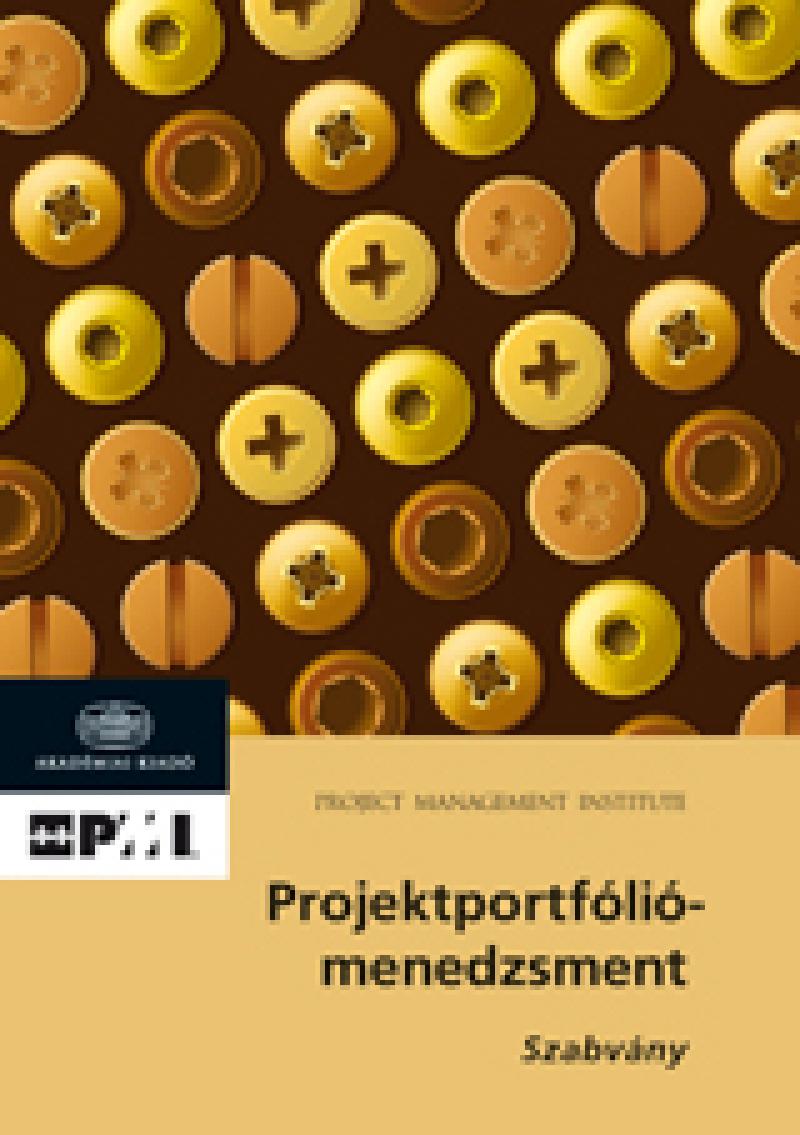When Project Management is Fun
Ok, “fun” may be a stretch…but not really. When do we dislike our jobs the most? When they are dead ends. When we’re micro-managed. When we don’t feel leadership is leading us. When we feel that we aren’t given the tools or authority to succeed.
I’ve had one or more positions where all of this happened….maybe not all in one job (though I can think of one specific job that encompassed most of these). I’m sure we all can think of a job where we were pushed down and we were unhappy. We tend to not be at our most productive selves in these types of jobs and under these types of conditions.
I’ve always found that I am at my most productive when the work is fun and when I have a great deal of control over that work. The same goes for the projects that I lead. If I have executive management that has a great deal of confidence in my skills and basically lets me run the show with the understanding I’ll shout out when there are needs as well as keeping them up-to-date on status, then I usually truly enjoy.


